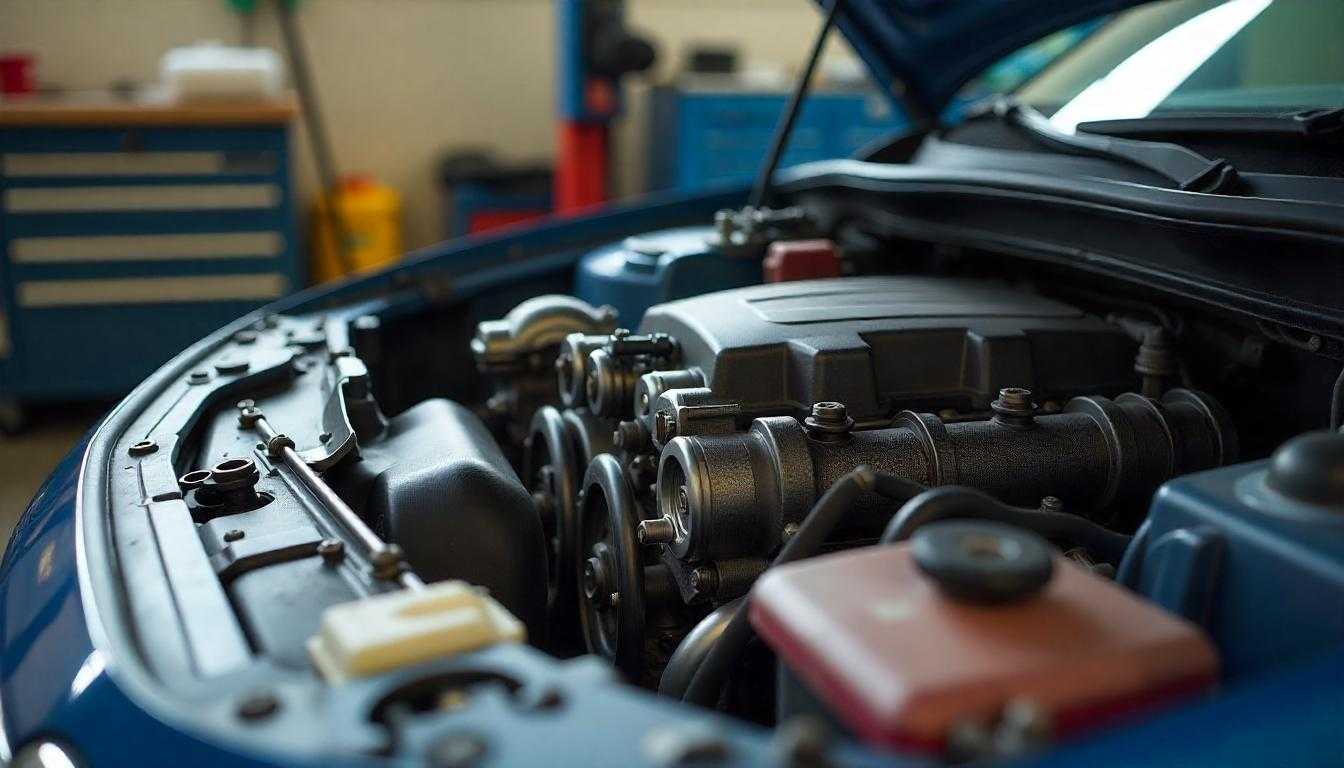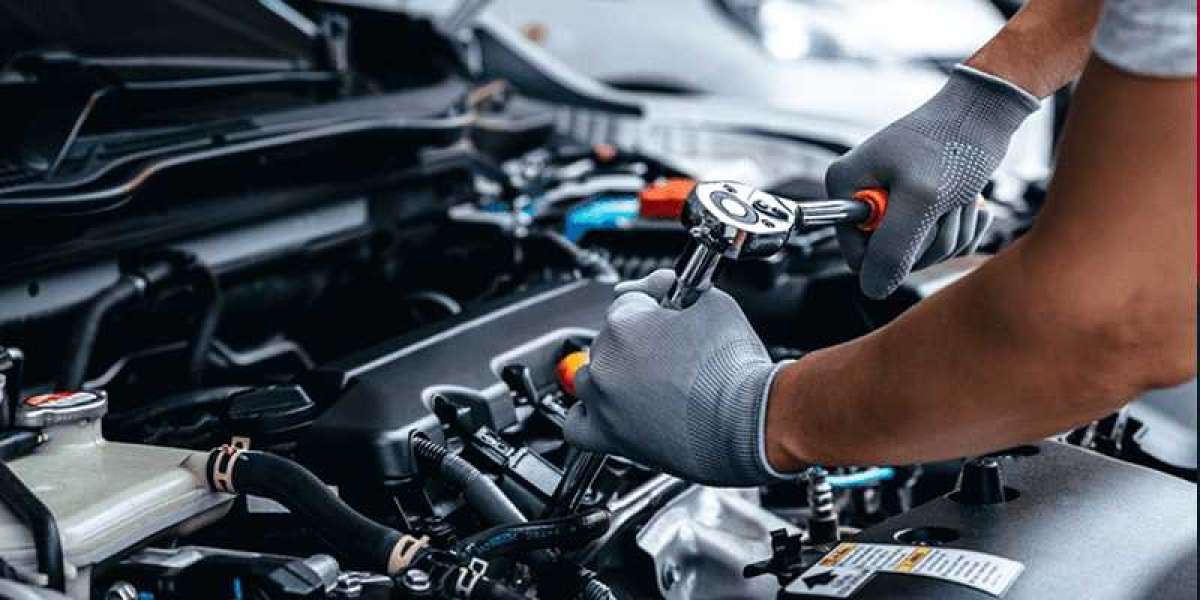The quality of fuel, which you put in your vehicle is one of the most critical aspects when it comes to the performance and durability of a car’s engine. However, some drivers may not be aware that this would cause their engines to develop very many problems in the long run if they continue using low-quality fuel. This post discusses how the use of substandard gasoline impacts your automobile as knowledge is power when it comes to your automobile.

Effects of low-quality fuel on your vehicle’s engine
- Incomplete Combustion: Inability to Burn Fuel Properly A primary short-term consequence that is attributed to poor fuel quality is the failure in the burning of fuel in the engines. While low-grade fuel has more tendency to contain contaminants such as dirt, water, and ethanol that would hinder the smooth combustion process, low-grade fuels that meet the above specifications are defined as Octane Number fuels. Incomplete combustion results in the formation of carbon on critical parts of the engine such as the values, spark plugs, and pistons. Deposits over time can rob an engine of its efficiency, cause misfires, reduce power, and increase emissions.
- Damages to fuel injectors: Fuel injectors are the components that are involved in delivering fuel to the engine in correct quantities. Ethanol-rich fuels, or fuels of otherwise low quality, can foul these injectors, or simply block them up altogether. The clogged injectors will not pump the correct amount of fuel to the engine thus causing poor performance, rough idle, and low fuel economy. If not addressed, it causes injector failure – a problem that typically only expensive repairs or an injector replacement can solve.
- Why Catalytic Converter Might Fail: The catalytic converter assists in minimizing unhealthy pollutants in vehicles. Nevertheless, low-quality fuel raises the emission of hydrocarbons and other materials unburned in the exhaust system. These extra emissions can cause the catalytic converter to overheat and therefore get burnt or choked. First, a bad catalytic converter can illuminate your check engine light and secondly, they cost quite a bit of money to fix since converters are one of the most expensive parts of exhaust systems.
Engine Knocking: There is an early detonation of the air-fuel mixture within the engine’s combustion chamber, which is often brought about by the use of low-octane fuel. This leads to what is called engine knocking, which is that metallic-sounding noise that can harm your engine in the long run. Pistons, crankshafts, and bearings used in the engines can be damaged by knocking. If this sound is allowed to continue then the engine gives way and then it would take a lot of money to fix it since an overhaul would be necessary.
Water Contamination: Water in fuel is another factor of poor quality gasoline.” Water may get into the fuel tank through water condensation or be obtained from unsatisfactory fuel that has been supplied to the car owner. Since water mixes at times with fuel, it causes the development of rust and corrosion in the necessary engine parts. Further, the contaminated fuel not only leads to poor running and stalling of the engine but also creates more problems, particularly, in cold climes where even the water may freeze up and block the fuel supply passageway.
Repairs That May Be Needed
This is why when fuel quality is low, several repairs may be required to get your car back into good shape. Common issues that arise include:
Fuel system cleaning: Sometimes, because of carbon build-up or any related substance, a fuel system cleaning might be needed. This includes steps such as cleaning fuel injectors, intake valves, and the chambers of combustion.
Injector replacement: Very dirty or even badly damaged fuel injectors may require replacement to get the flow of fuel back to normal.
Catalytic converter replacement: A catalytic converter if destroyed by excess pollutants, then it has to be replaced with another expensive one.
Engine rebuild or replacement: Severe knocks or corrosion of the engine may require the need to rebuild or replace the engine completely.
How to Protect Your Engine
To avoid the negative impact of poor fuel quality, consider these tips:
- It is important to always purchase fuel from the right stations that meet the quality of fuel in the market.
- Run the fuel type and octane rating recommended by your manufacturer’s manual for your particular car.
- Taking regular preventive measures helps ensure that the fuel system stays clean; therefore, now and then, add a fuel system cleaner to your tank.
- DO NOT get lured by stations with low fuel prices since they might be selling substandard fuel.
Conclusion
One of the seemingly trivial things, which can be easily overlooked is the use of low-quality fuel because it can eventually harm the engine and call for expensive fixes. To avoid causing harm to your car engine it is wise to stick to quality fuel from reputable dealers. Avoiding issues that may affect the fuel system and using the right octane rating will not only keep your car in its best state but also help save more cash from future repairs.


